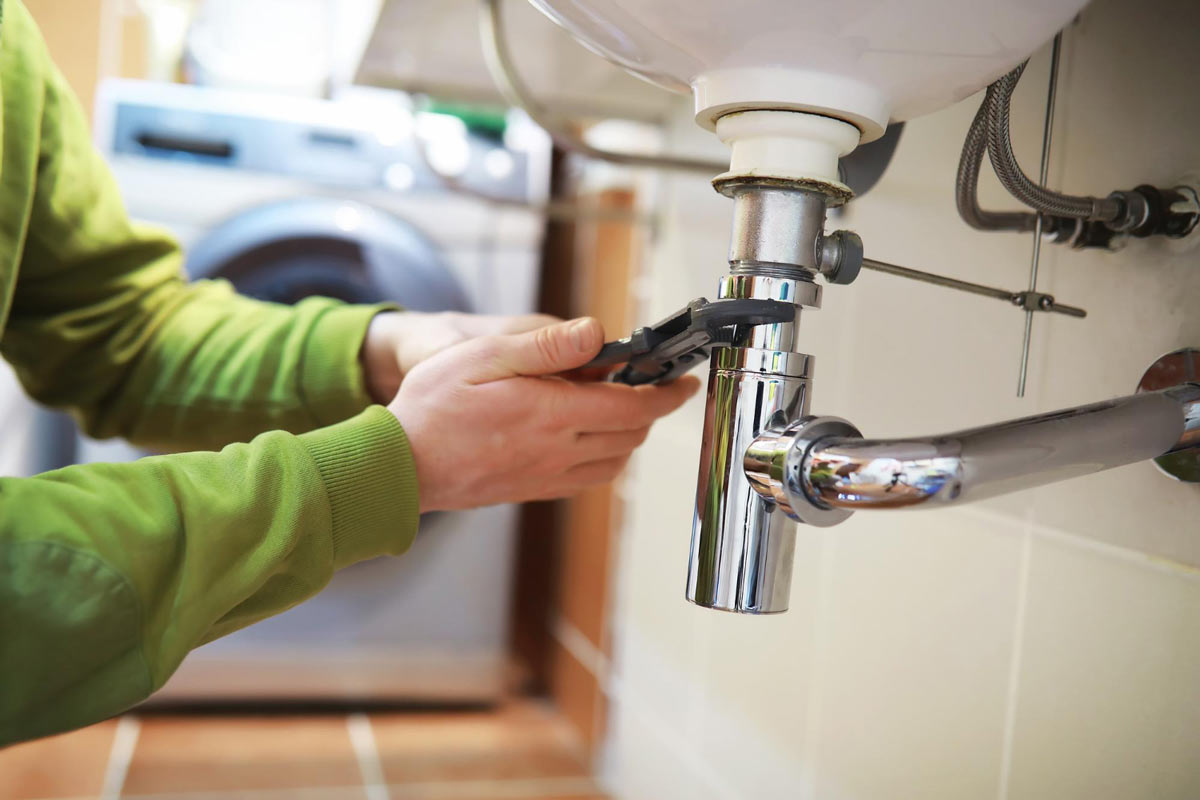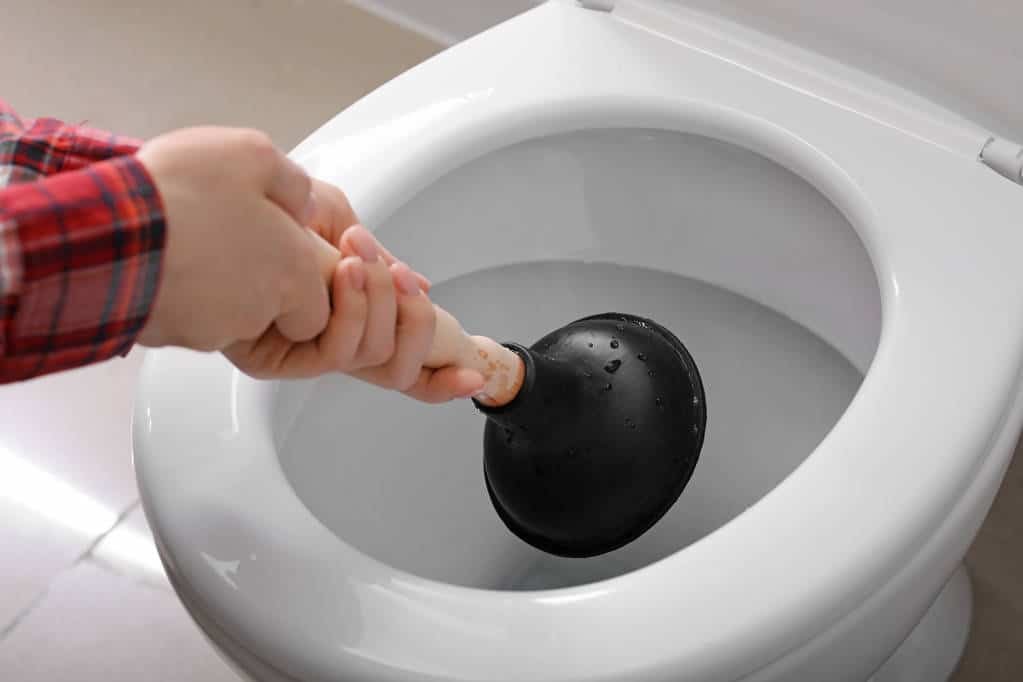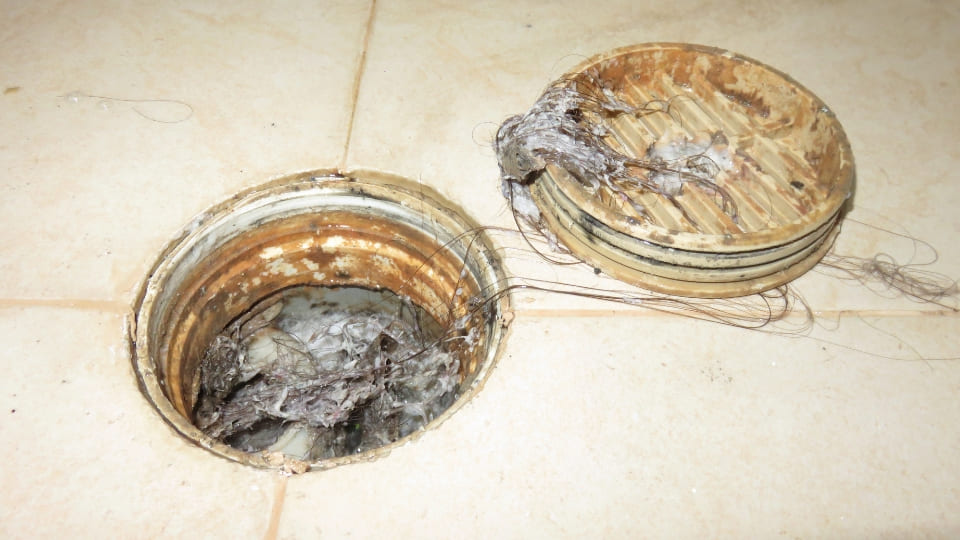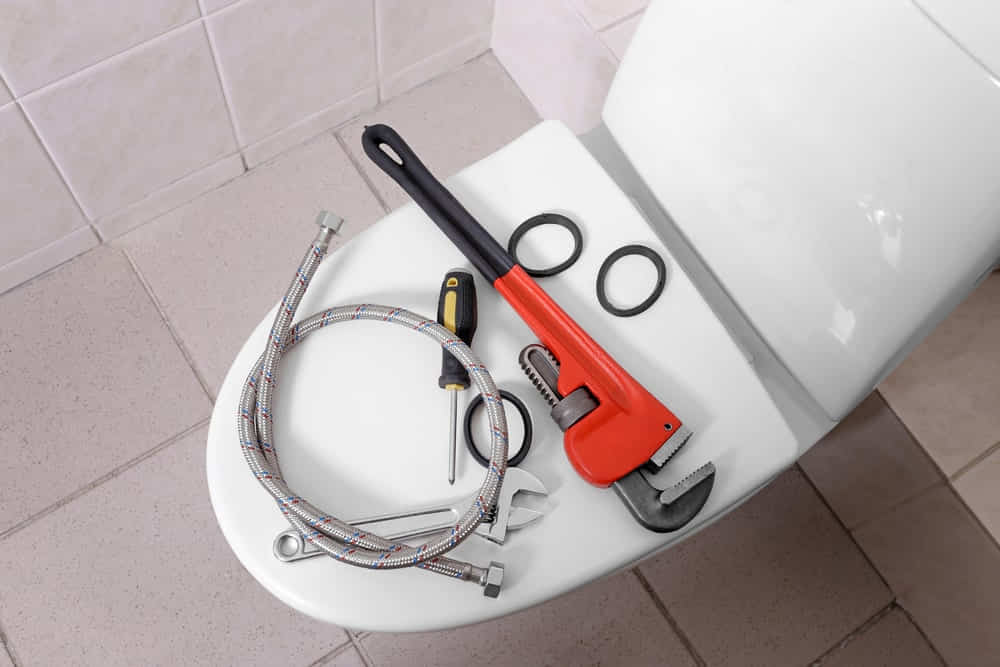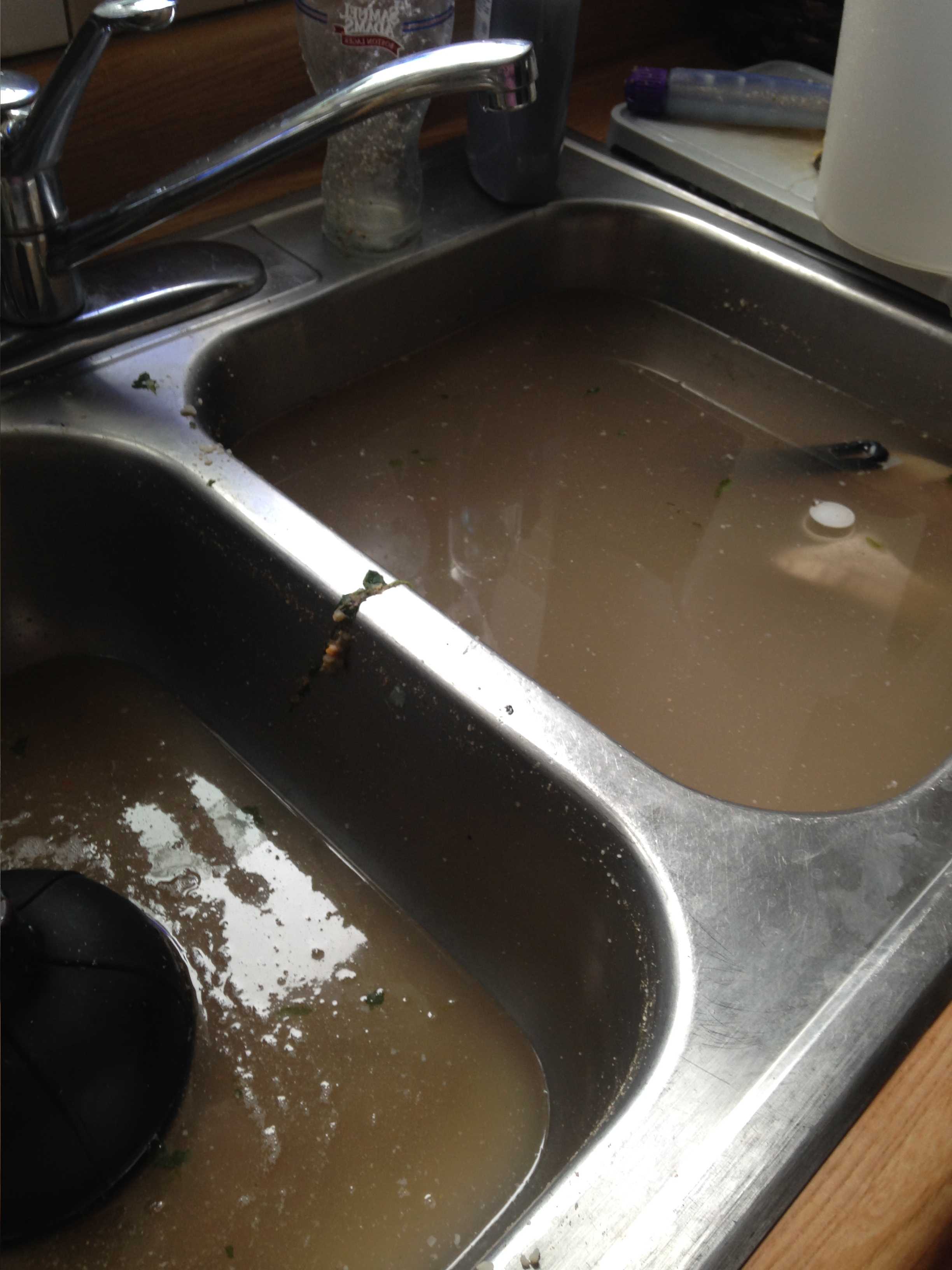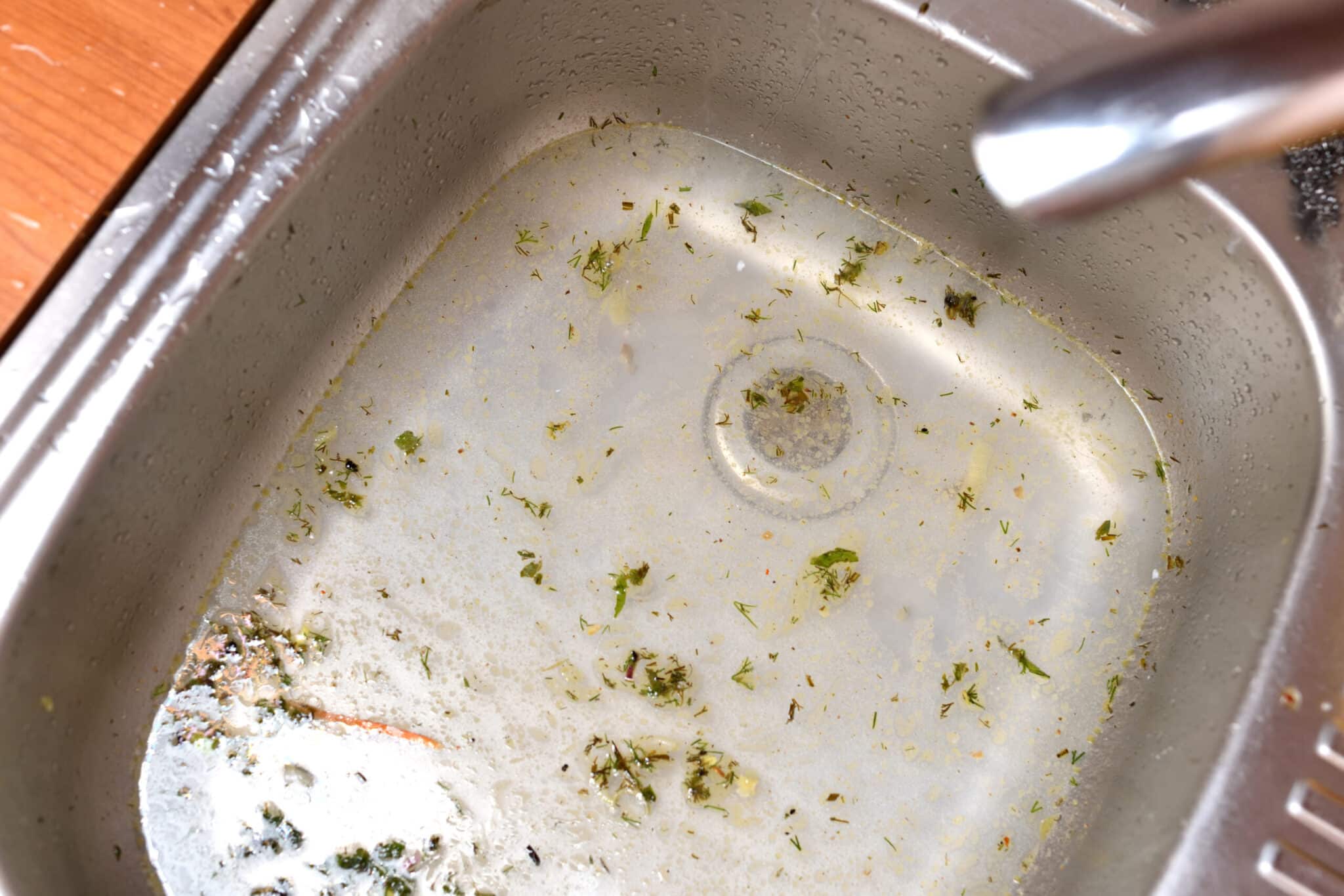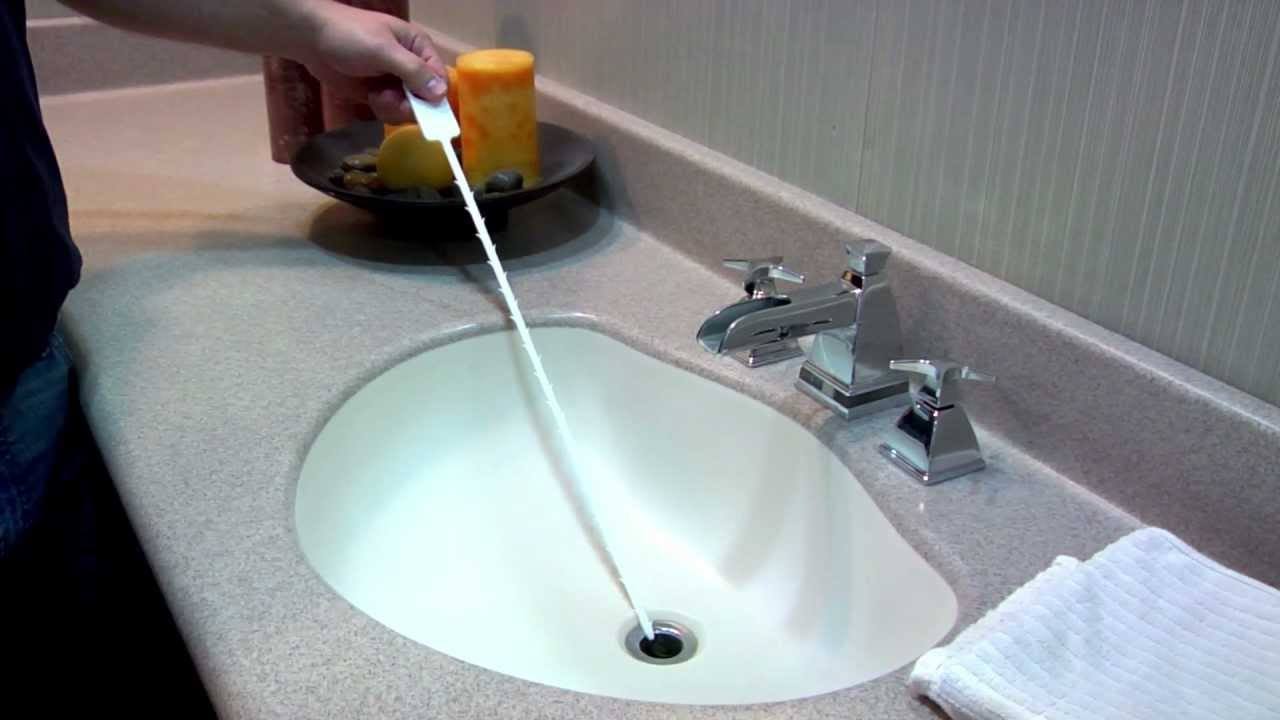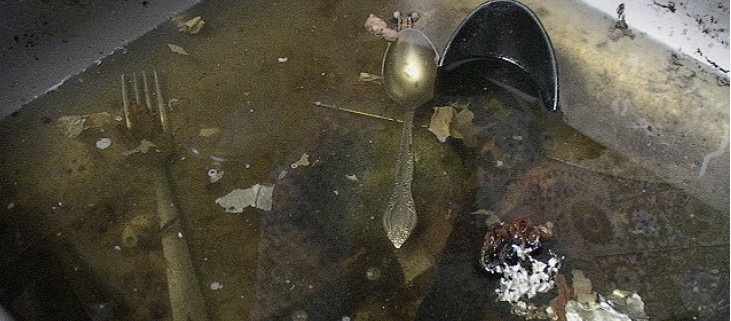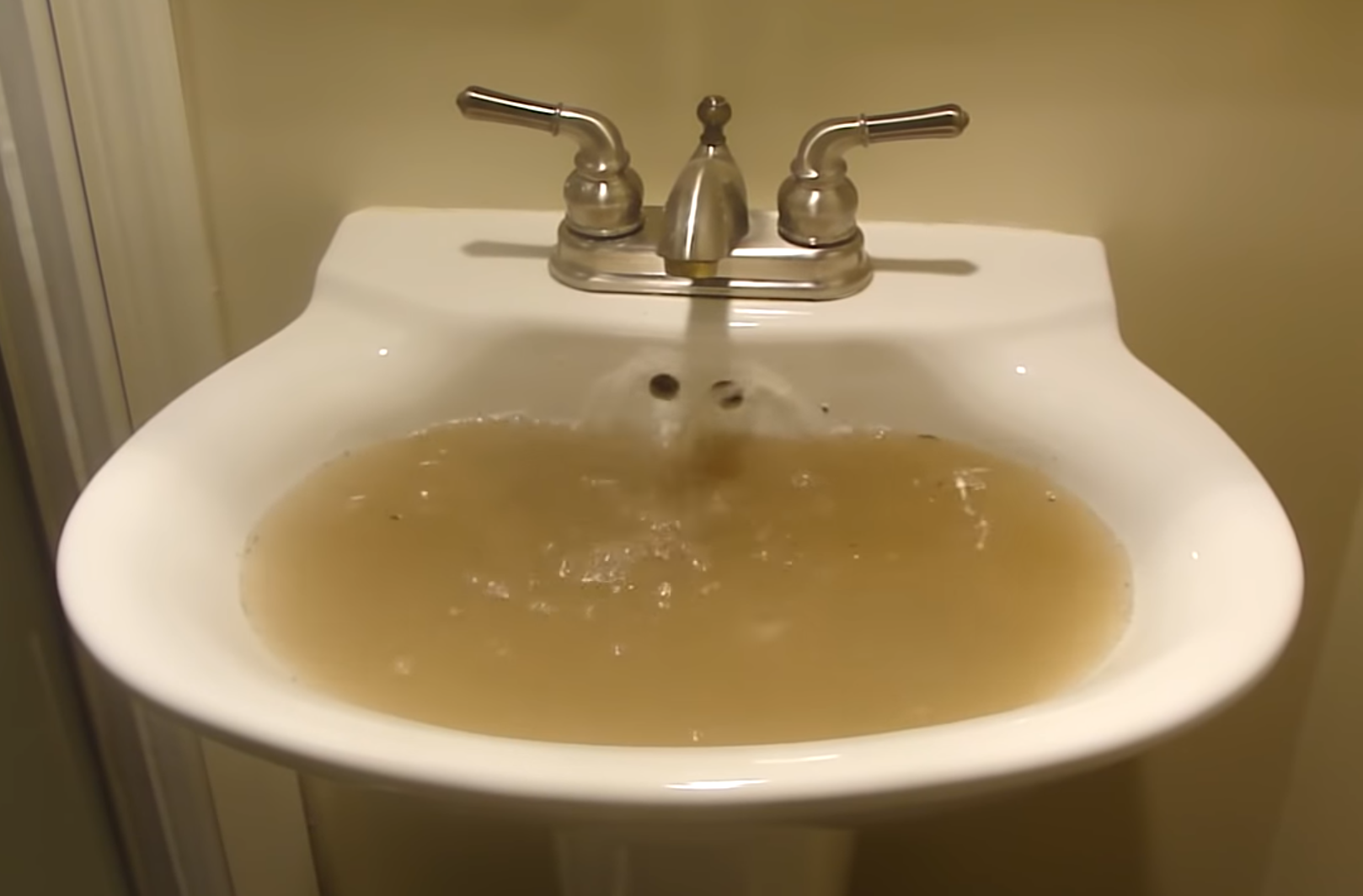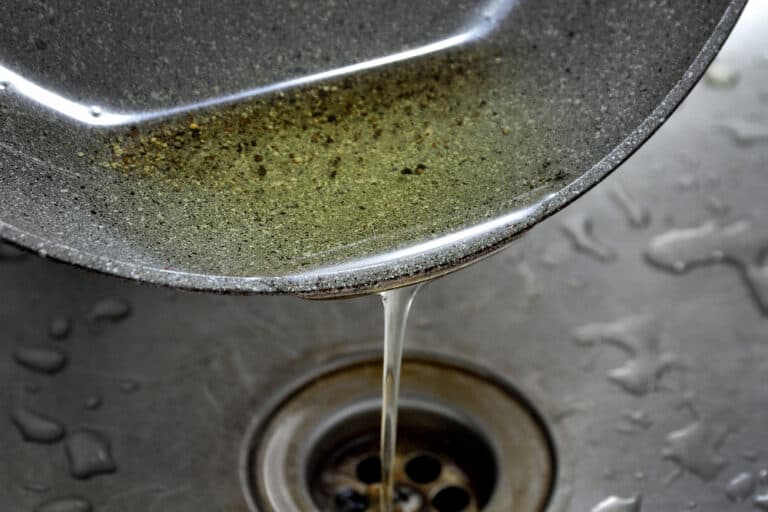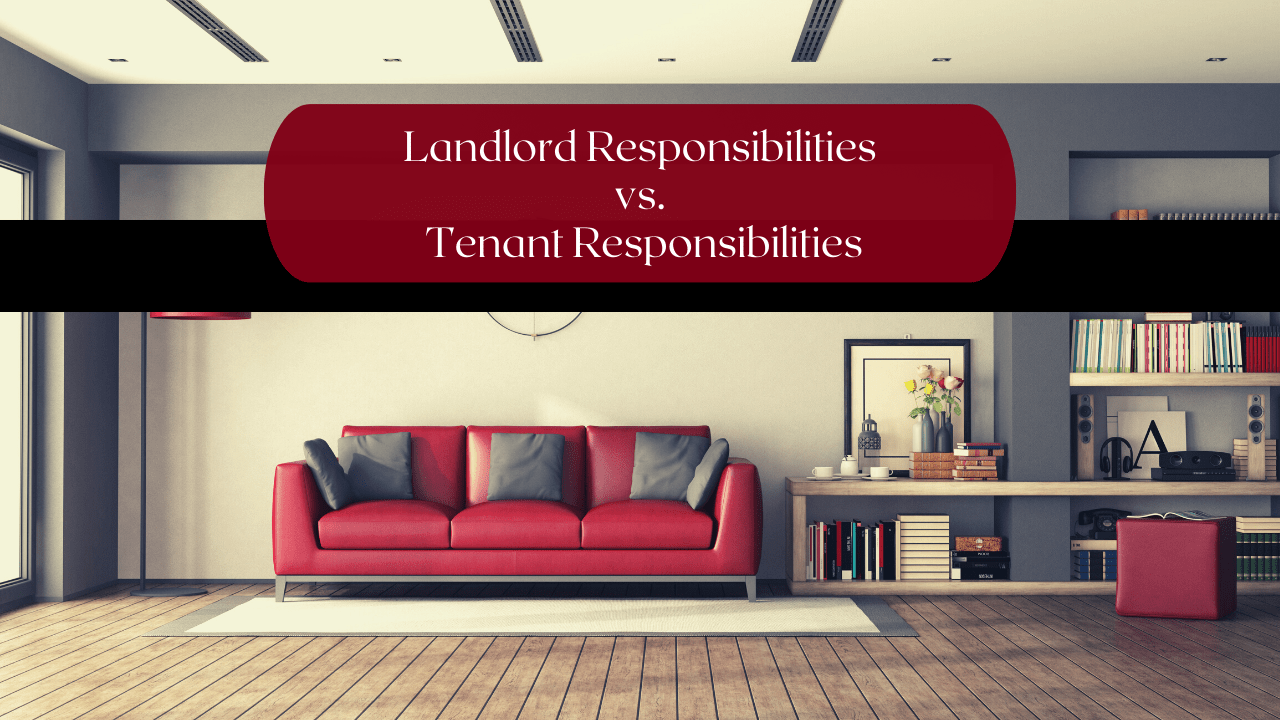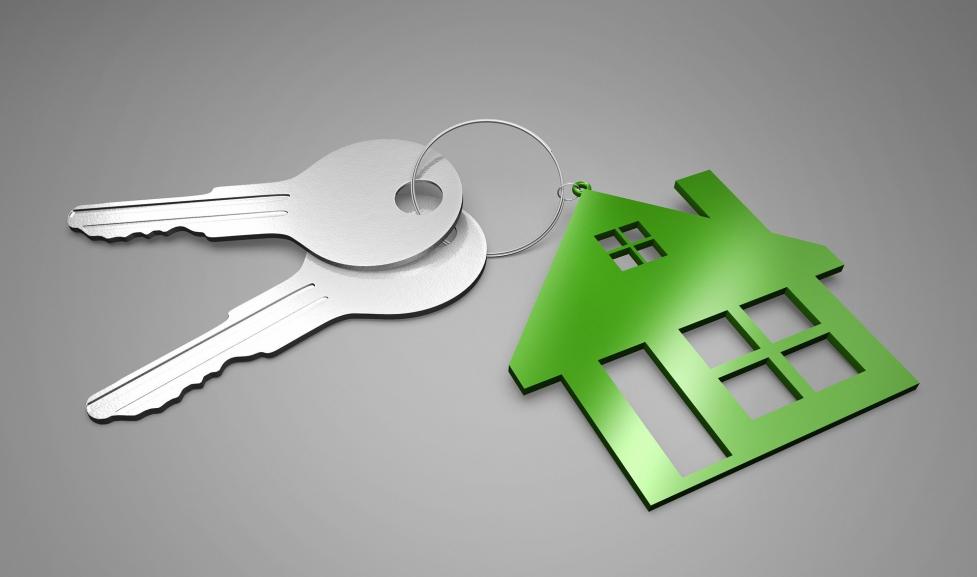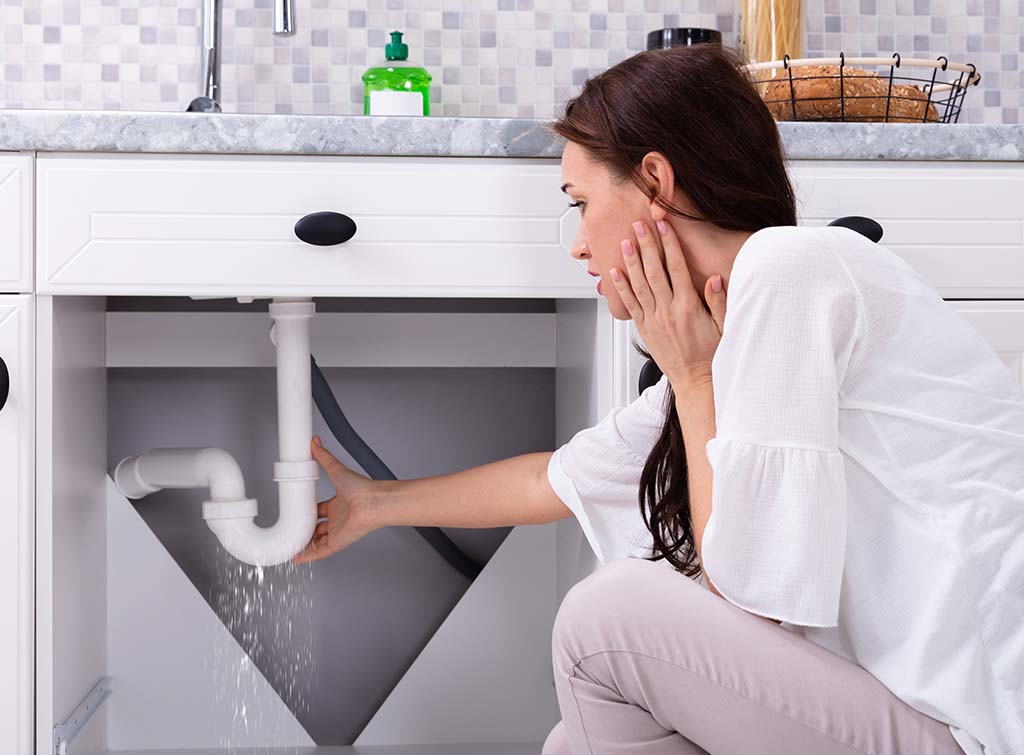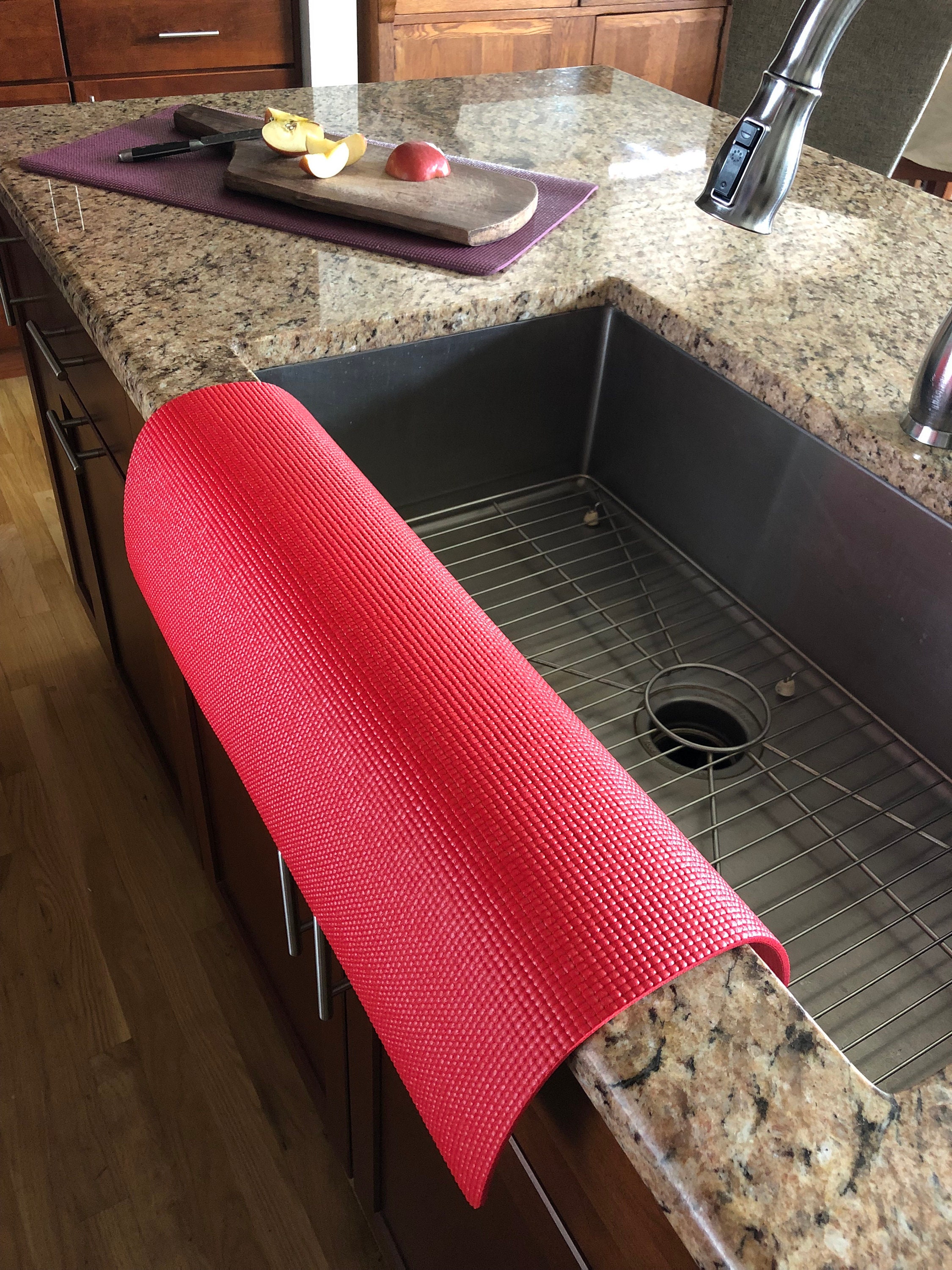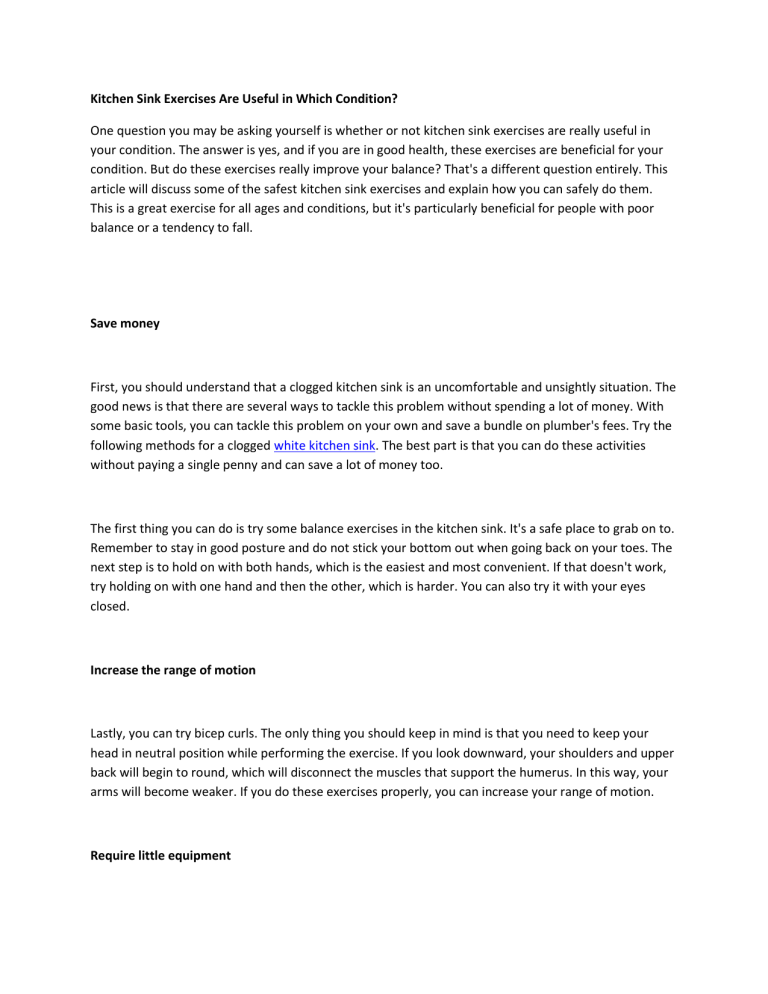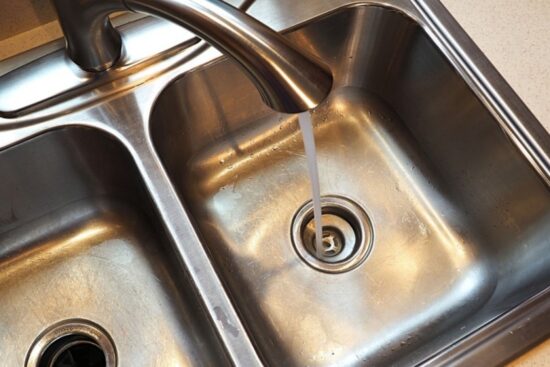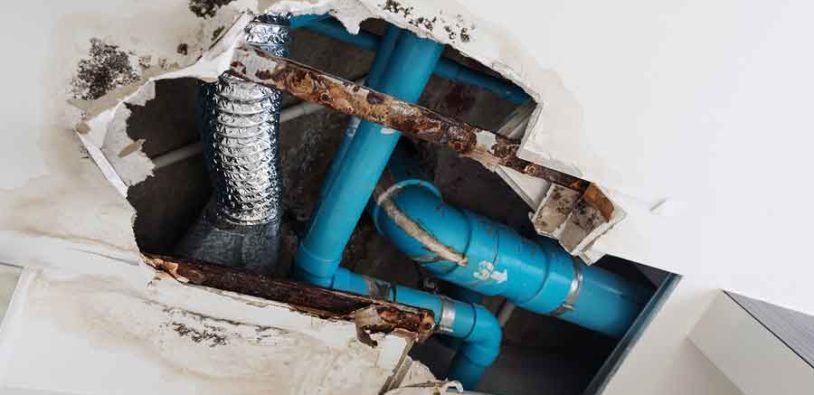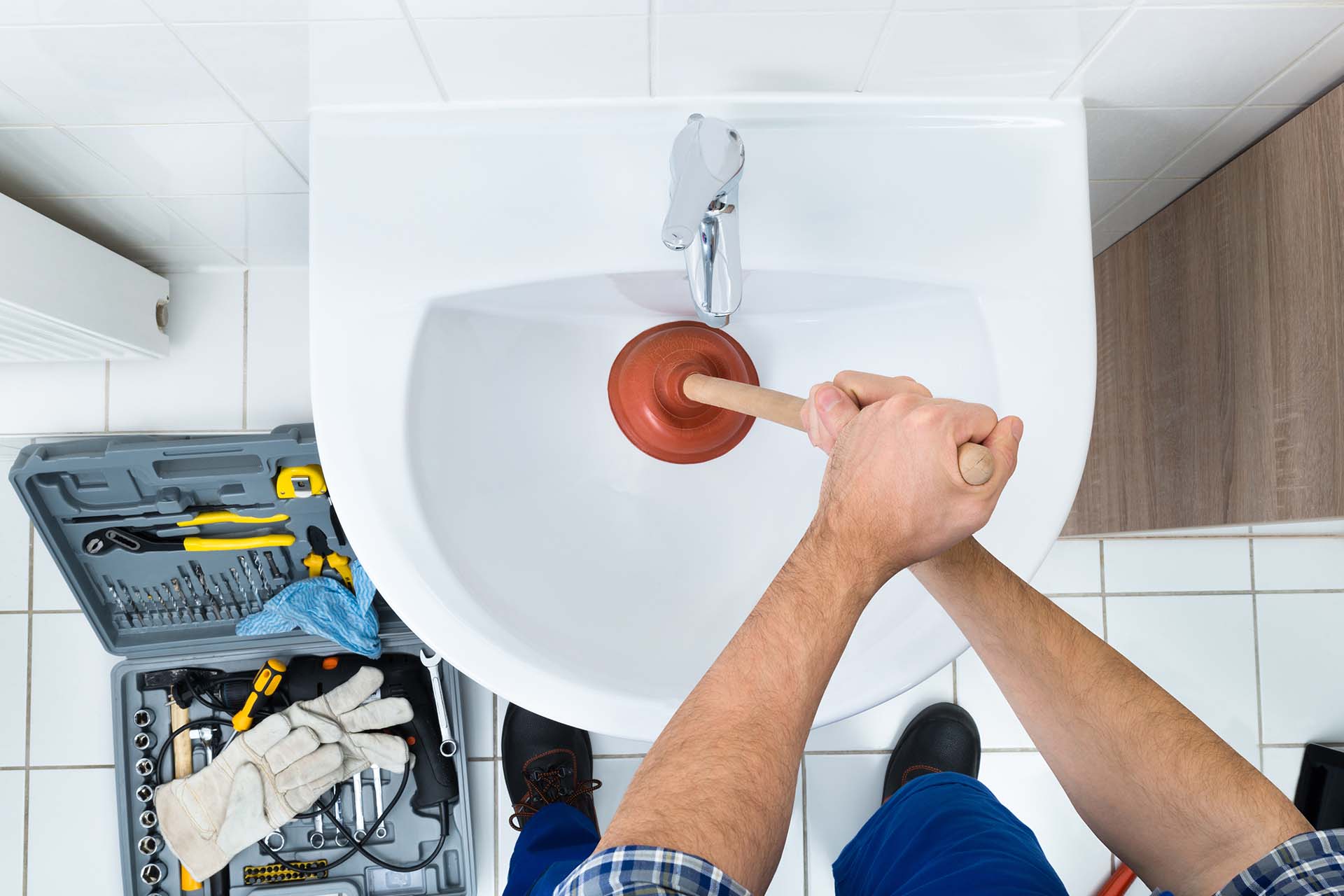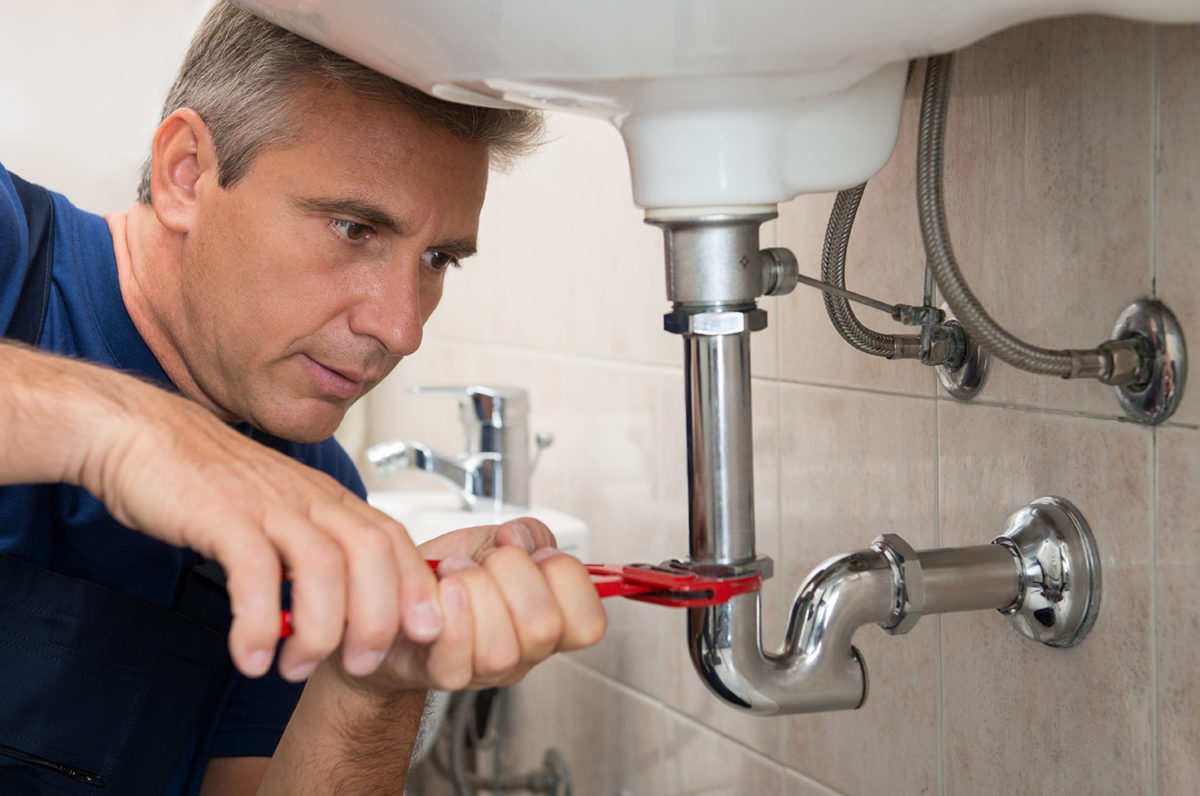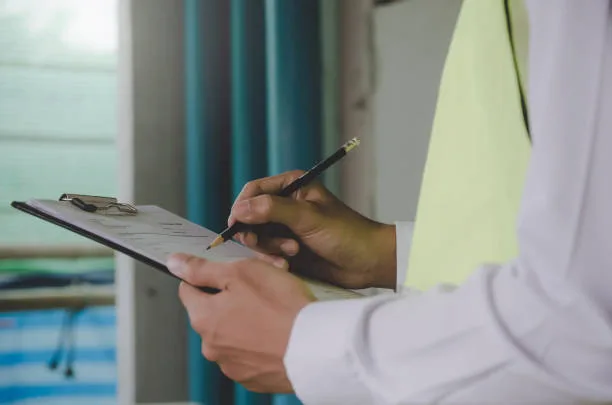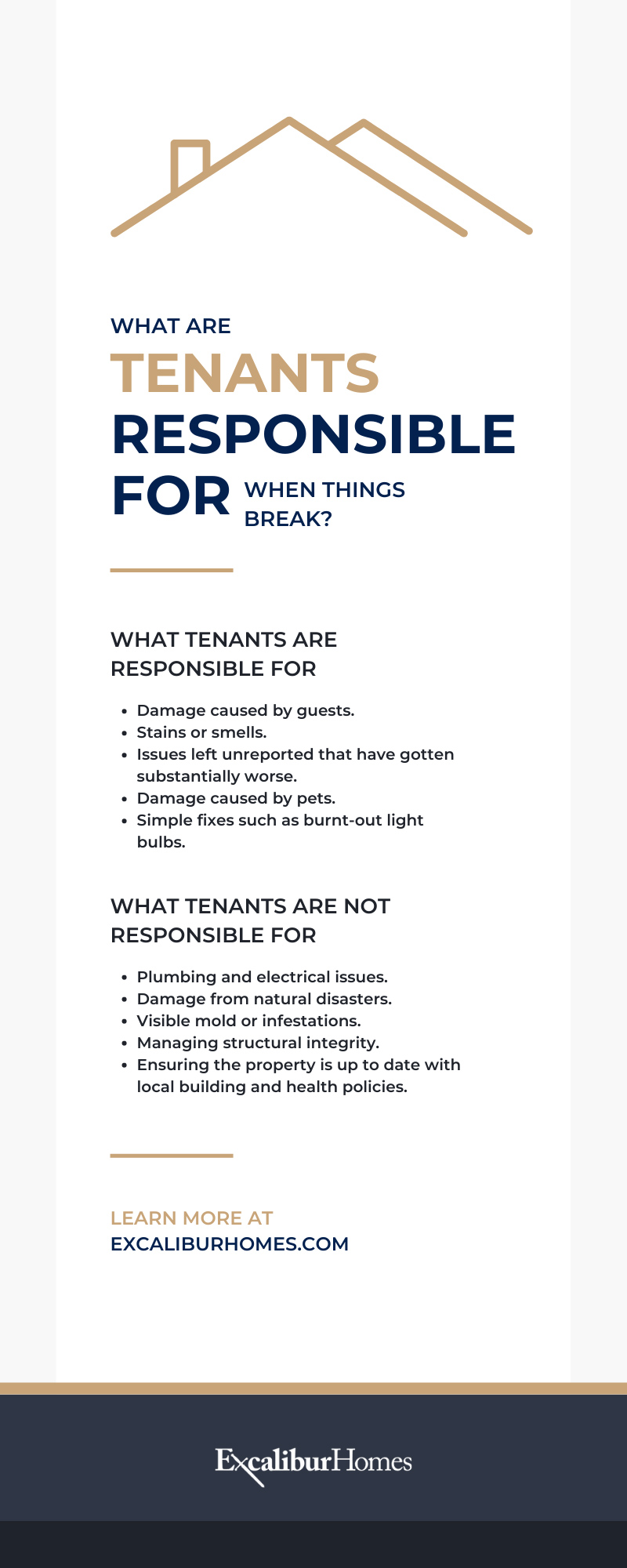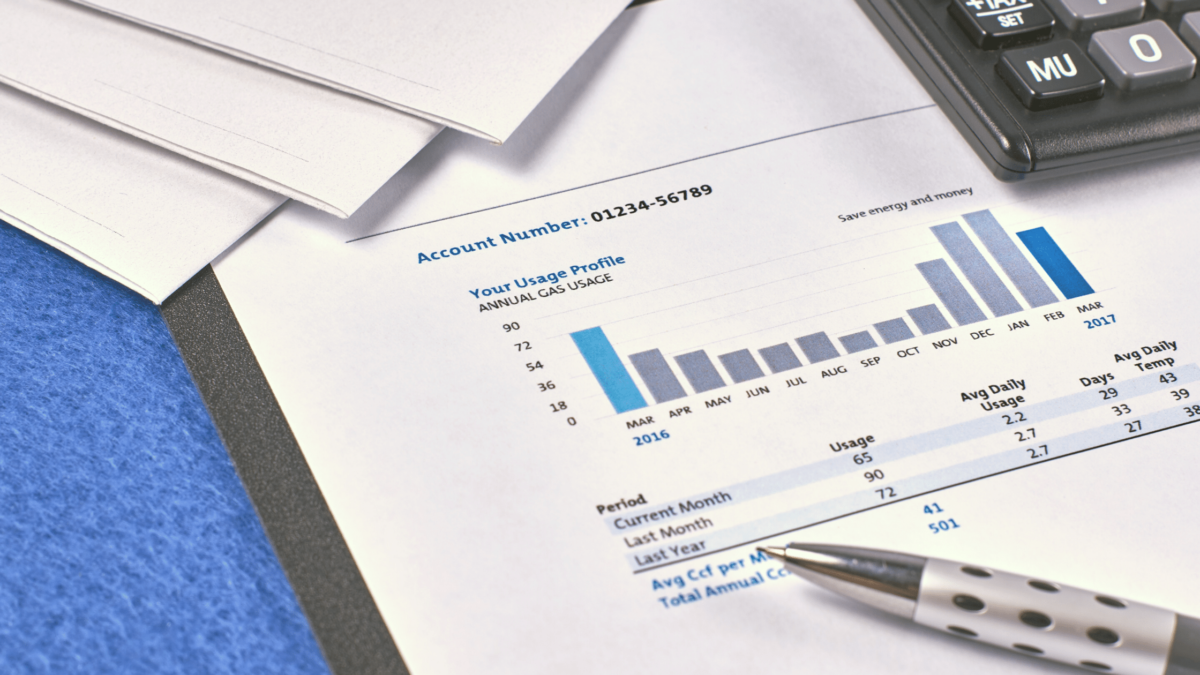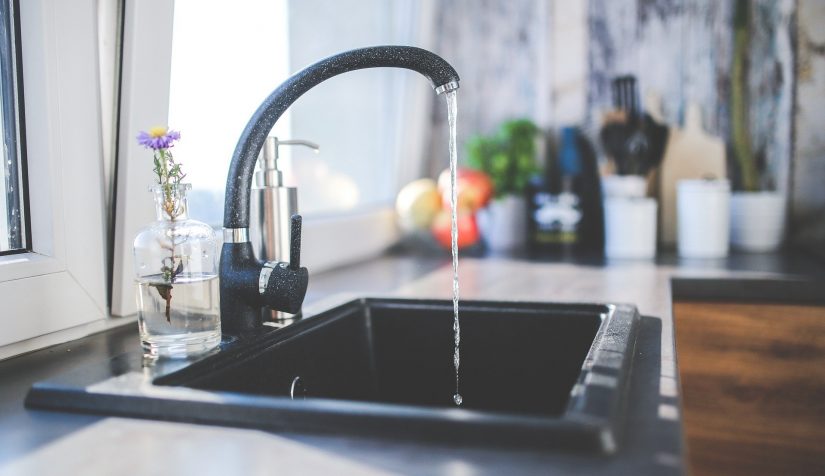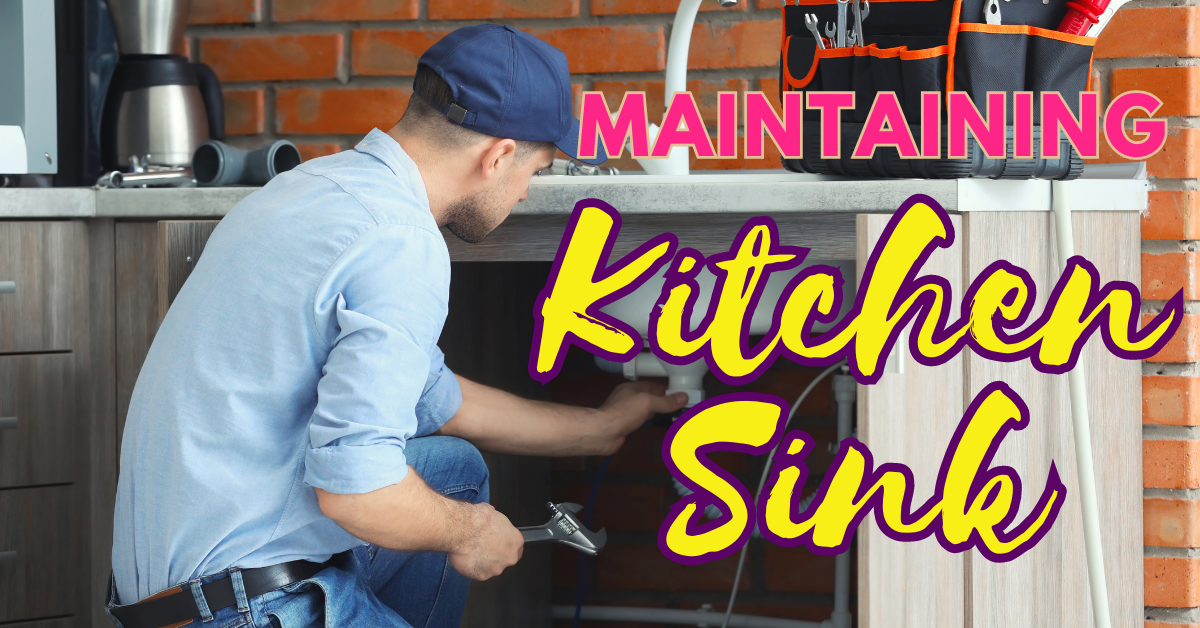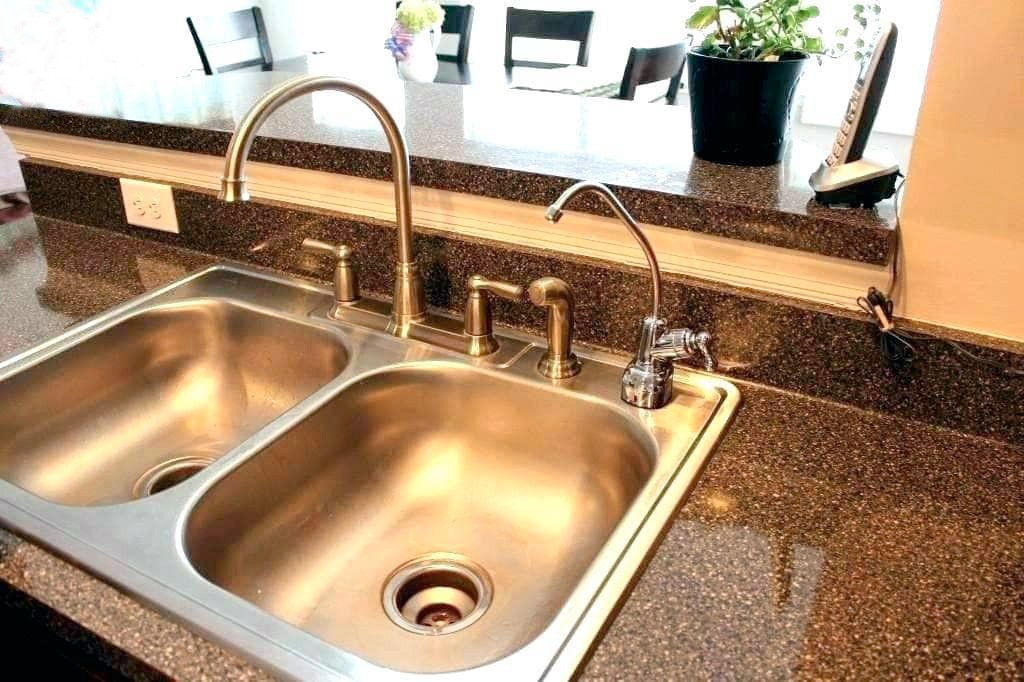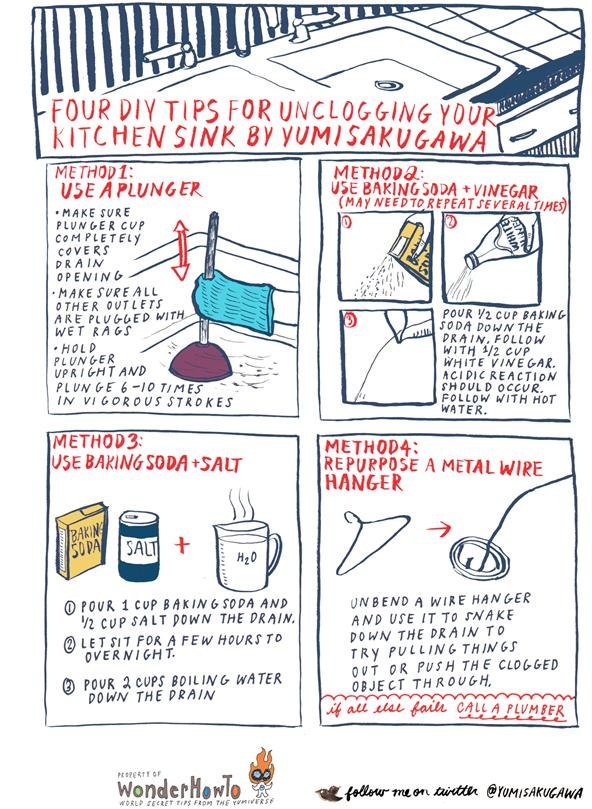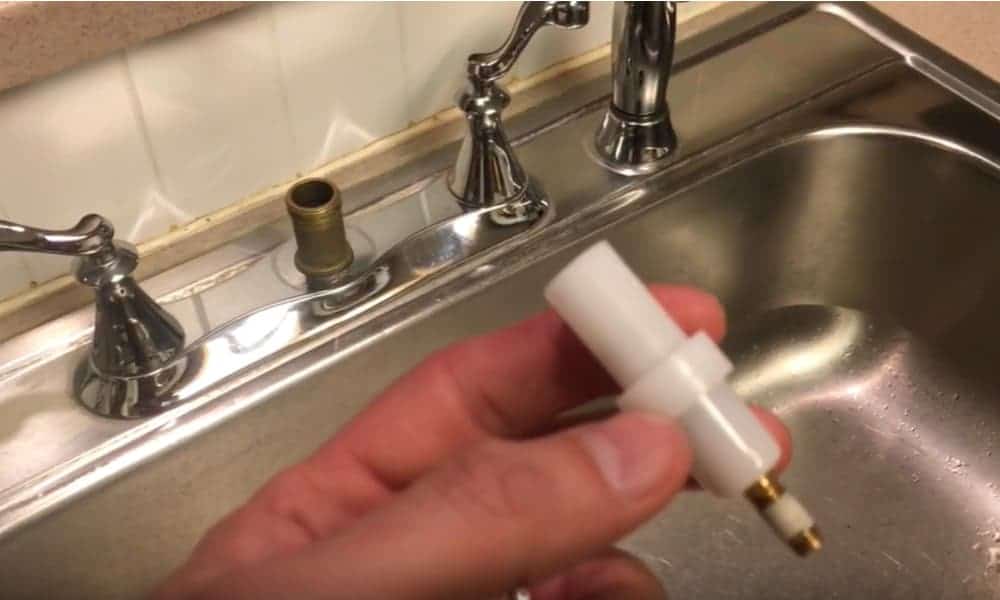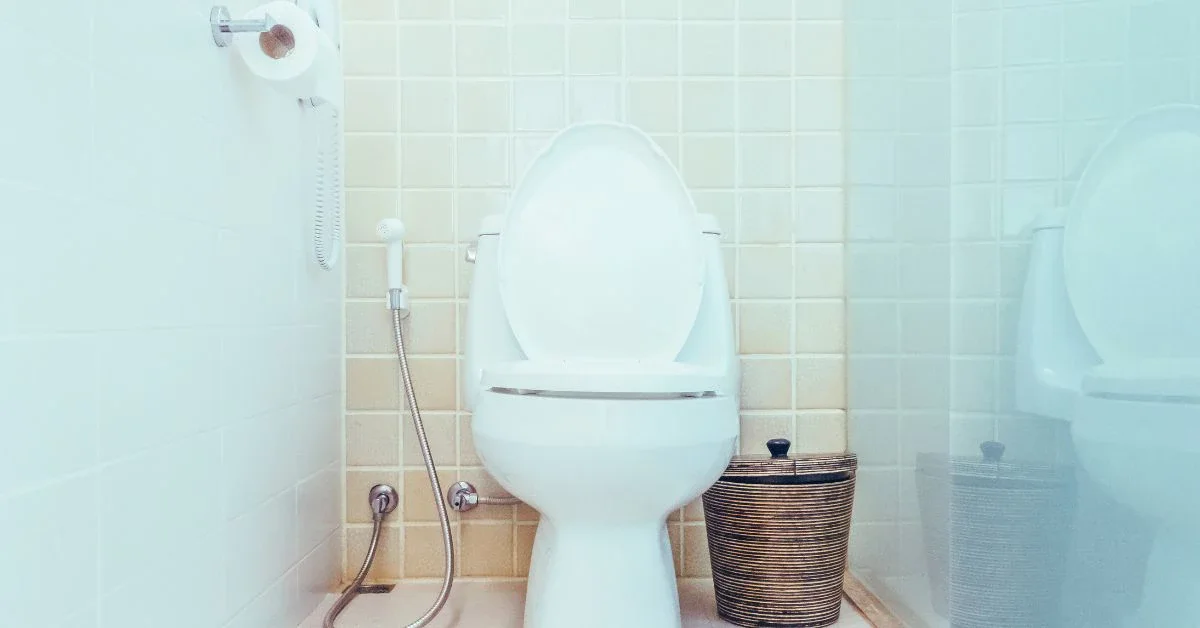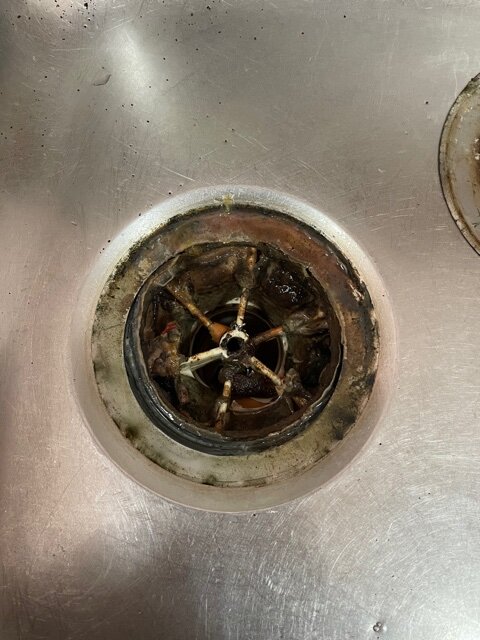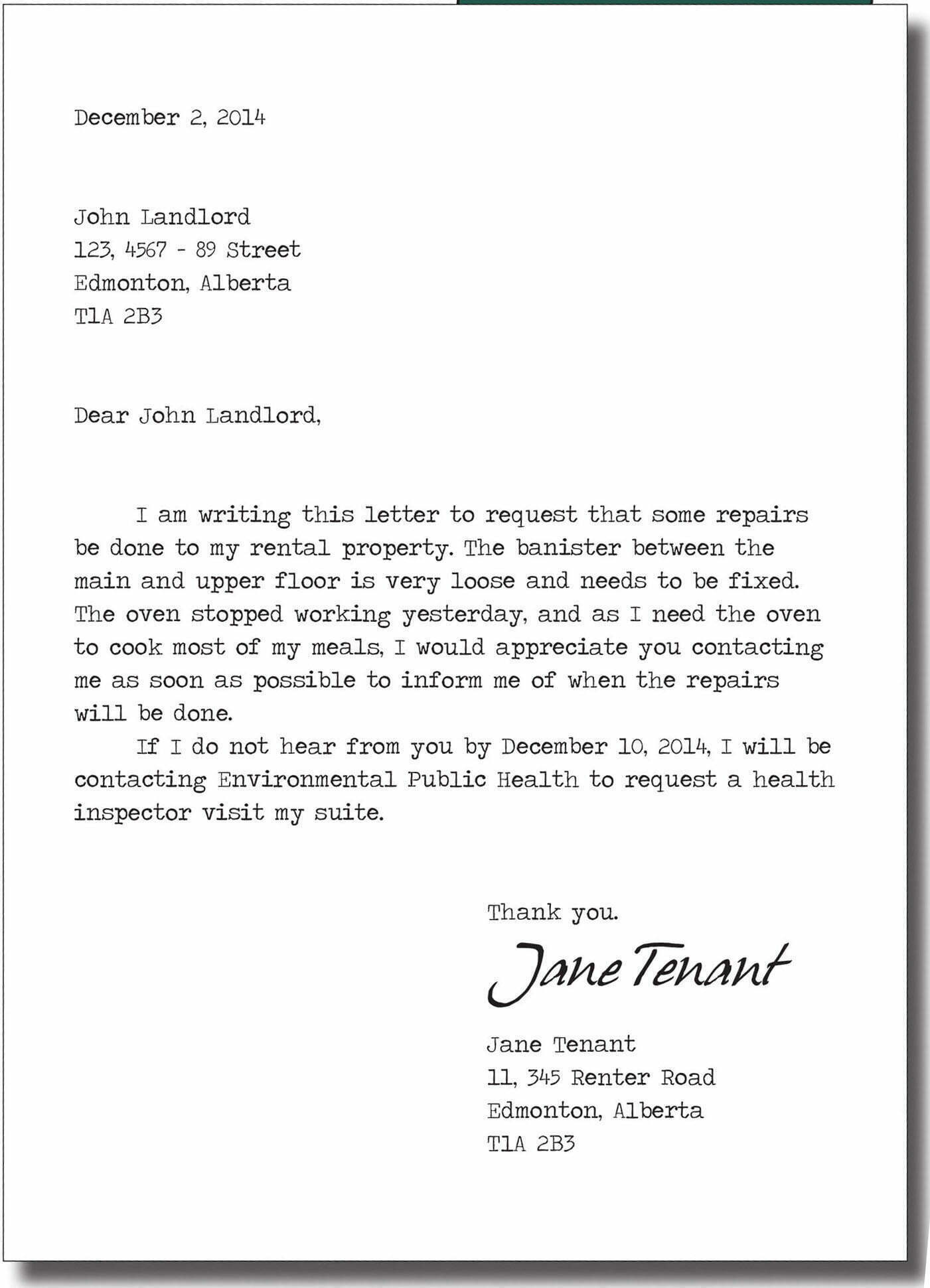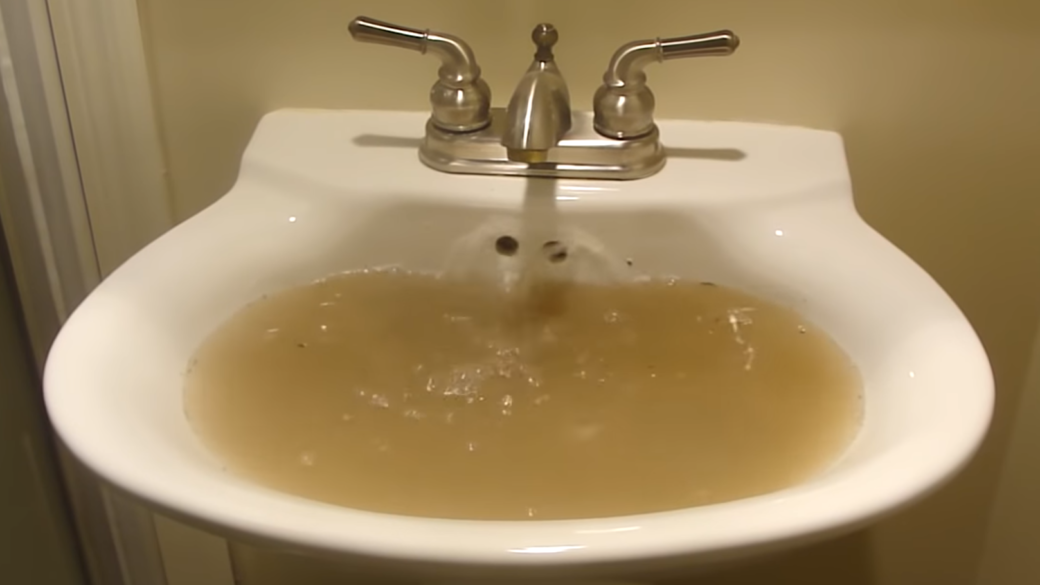One of the most common issues in rental properties is a clogged kitchen sink. It can be a major inconvenience and can cause tension between tenants and landlords. But who is responsible for fixing a clogged kitchen sink, the tenant or the landlord? The answer to this question may vary depending on the circumstances and the terms of the lease agreement. If you're a tenant dealing with a clogged kitchen sink, here's what you need to know.Who is responsible for a clogged kitchen sink, the tenant or landlord?
If you notice that your kitchen sink is draining slowly or is completely clogged, the first step is to try and unclog it yourself. You can use a plunger or a drain snake to remove any debris or blockages. If this doesn't work, you can try using a mixture of hot water, baking soda, and vinegar to dissolve any grease or buildup in the pipes. If your efforts are unsuccessful, it's important to notify your landlord immediately. Send them a written notice or inform them in person, and keep a record of the communication. Your landlord is responsible for maintaining the plumbing and drainage in the rental property, and it's their duty to address the issue in a timely manner.What to do if your kitchen sink is clogged as a tenant?
As mentioned earlier, it's the landlord's responsibility to maintain the plumbing and drainage in the rental property. This includes fixing a clogged kitchen sink. If the clog is due to normal wear and tear or a faulty plumbing system, the landlord is responsible for covering the costs of repairs. However, if the clog is a result of the tenant's actions, such as pouring grease or food scraps down the drain, the tenant may be held responsible for the costs. This is why it's important for tenants to properly maintain their kitchen sink and avoid any actions that may cause clogs.Landlord responsibilities for clogged kitchen sink
Tenants have the right to a habitable and safe living environment. This means that landlords are responsible for ensuring that all plumbing and drainage systems are in proper working condition. If a clogged kitchen sink is causing major inconvenience and is not being addressed by the landlord, tenants have the right to take legal action. Before taking any legal action, it's important for tenants to communicate with their landlord and give them a reasonable amount of time to fix the issue. However, if the landlord refuses to address the problem or takes too long to do so, tenants can file a complaint with their local housing authority or take the landlord to court.Tenant rights for clogged kitchen sink
The best way to deal with a clogged kitchen sink is to prevent it from happening in the first place. As a tenant, there are a few simple steps you can take to avoid clogs in your kitchen sink:How to prevent clogged kitchen sink as a tenant
Landlords have a legal obligation to maintain the plumbing and drainage systems in their rental properties. This includes not only fixing clogged kitchen sinks, but also addressing any other plumbing issues that may arise. Failure to do so can result in legal consequences for the landlord. If you're a landlord, it's important to regularly inspect and maintain the plumbing and drainage systems in your rental property to avoid any potential issues or disputes with your tenants.Landlord's duty to maintain plumbing and drainage
While it's the landlord's duty to fix a clogged kitchen sink, tenants also have a responsibility to properly maintain their kitchen sink and avoid causing clogs. This includes disposing of grease and food scraps properly, as well as regularly cleaning the sink to prevent buildup. If a clog occurs due to the tenant's negligence, they may be held responsible for the costs of repairs. It's important for tenants to be mindful of their actions and take necessary precautions to avoid any clogs in their kitchen sink.Tenant's responsibility for maintaining kitchen sink
If you've notified your landlord of a clogged kitchen sink and they have refused to address the issue, there are a few steps you can take as a tenant:What to do if your landlord refuses to fix a clogged kitchen sink
A clogged kitchen sink may seem like a minor inconvenience, but it can have legal implications in a rental property. If the issue is not resolved in a timely manner, it can lead to disputes between tenants and landlords, and in some cases, legal action. It's important for both parties to understand their rights and responsibilities when it comes to a clogged kitchen sink.Legal implications of a clogged kitchen sink in a rental property
If a dispute arises over a clogged kitchen sink, it's important for both the tenant and landlord to remain calm and communicate effectively. As a tenant, it's important to document all communication with the landlord and keep records of any repairs or attempts to fix the issue. If the dispute cannot be resolved between the two parties, it may be necessary to seek mediation or take legal action. It's always best to try and work out any issues through communication before taking any legal measures. In conclusion, the responsibility for a clogged kitchen sink may vary depending on the circumstances and the terms of the lease agreement. As a tenant, it's important to properly maintain your kitchen sink and notify your landlord of any issues. As a landlord, it's your duty to maintain the plumbing and drainage systems in your rental property. By understanding your rights and responsibilities, you can prevent and resolve any disputes over a clogged kitchen sink. How to handle disputes over a clogged kitchen sink between tenant and landlord
The Importance of Proper House Design
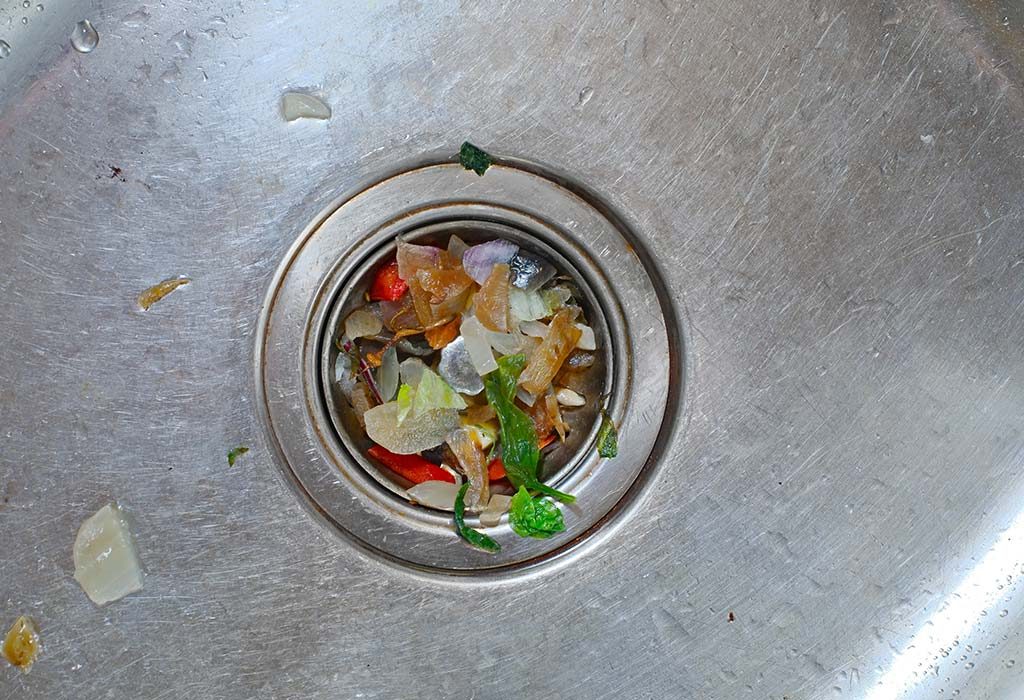
The Role of a Clogged Kitchen Sink
 When it comes to house design, the kitchen is often considered the heart of the home. It is where meals are prepared, family gatherings take place, and memories are made. However, one common issue that can disrupt the functionality of a kitchen is a clogged sink. This problem can arise from a variety of causes, such as food debris, grease buildup, or even foreign objects blocking the pipes. While it may seem like a minor inconvenience, a clogged kitchen sink can have serious consequences if not addressed promptly.
Tenant Responsibilities
As a tenant, it is your responsibility to maintain the cleanliness and functionality of the property you are renting. This includes proper use and maintenance of the kitchen sink. It is important to regularly clean the sink and dispose of food scraps properly to prevent clogs from forming. If a clog does occur, it is your responsibility to try and resolve the issue before contacting the landlord. This can be done by using a plunger or a drain snake to clear the blockage. In some cases, simple household remedies such as baking soda and vinegar can also be effective in clearing a clogged kitchen sink.
Landlord Responsibilities
As a landlord, it is your duty to ensure that the rental property is in good condition and functioning properly for your tenants. This includes the plumbing system, which is essential for a functional kitchen. If a clogged sink is a recurring issue, it may be a sign of a bigger problem with the plumbing. In this case, it is the landlord's responsibility to hire a professional plumber to assess and fix the issue. It is important to address plumbing issues promptly to avoid further damage to the property and to maintain a good relationship with your tenants.
Prevention is Key
The best way to deal with a clogged kitchen sink is to prevent it from happening in the first place. As a tenant, proper use and maintenance of the sink can go a long way in preventing clogs. As a landlord, regular maintenance and inspections of the plumbing system can help identify and address potential issues before they become major problems. Additionally, educating tenants on proper use and disposal of the sink can also help prevent clogs.
In conclusion, a clogged kitchen sink may seem like a small issue, but it can have a big impact on the functionality and enjoyment of a rental property. As a tenant, it is important to take proactive measures to prevent and resolve clogs. As a landlord, it is your responsibility to ensure the plumbing system is in good condition and address any issues promptly. By working together, both tenants and landlords can ensure a well-functioning kitchen and a happy tenancy.
When it comes to house design, the kitchen is often considered the heart of the home. It is where meals are prepared, family gatherings take place, and memories are made. However, one common issue that can disrupt the functionality of a kitchen is a clogged sink. This problem can arise from a variety of causes, such as food debris, grease buildup, or even foreign objects blocking the pipes. While it may seem like a minor inconvenience, a clogged kitchen sink can have serious consequences if not addressed promptly.
Tenant Responsibilities
As a tenant, it is your responsibility to maintain the cleanliness and functionality of the property you are renting. This includes proper use and maintenance of the kitchen sink. It is important to regularly clean the sink and dispose of food scraps properly to prevent clogs from forming. If a clog does occur, it is your responsibility to try and resolve the issue before contacting the landlord. This can be done by using a plunger or a drain snake to clear the blockage. In some cases, simple household remedies such as baking soda and vinegar can also be effective in clearing a clogged kitchen sink.
Landlord Responsibilities
As a landlord, it is your duty to ensure that the rental property is in good condition and functioning properly for your tenants. This includes the plumbing system, which is essential for a functional kitchen. If a clogged sink is a recurring issue, it may be a sign of a bigger problem with the plumbing. In this case, it is the landlord's responsibility to hire a professional plumber to assess and fix the issue. It is important to address plumbing issues promptly to avoid further damage to the property and to maintain a good relationship with your tenants.
Prevention is Key
The best way to deal with a clogged kitchen sink is to prevent it from happening in the first place. As a tenant, proper use and maintenance of the sink can go a long way in preventing clogs. As a landlord, regular maintenance and inspections of the plumbing system can help identify and address potential issues before they become major problems. Additionally, educating tenants on proper use and disposal of the sink can also help prevent clogs.
In conclusion, a clogged kitchen sink may seem like a small issue, but it can have a big impact on the functionality and enjoyment of a rental property. As a tenant, it is important to take proactive measures to prevent and resolve clogs. As a landlord, it is your responsibility to ensure the plumbing system is in good condition and address any issues promptly. By working together, both tenants and landlords can ensure a well-functioning kitchen and a happy tenancy.



